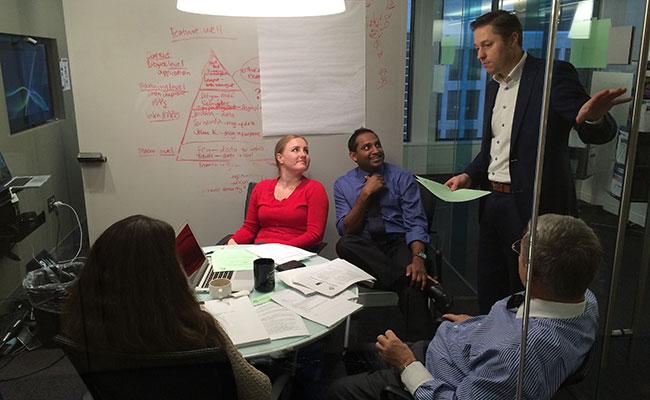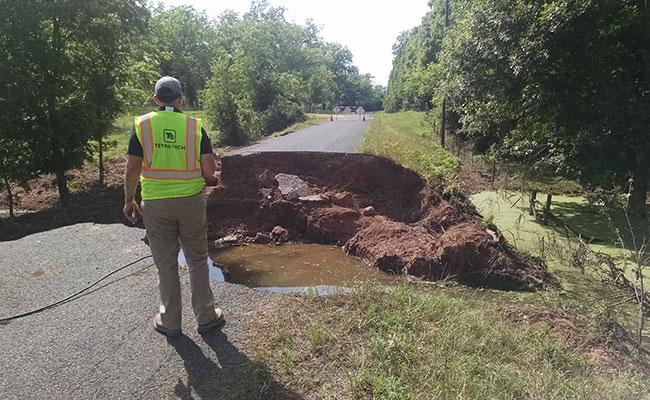Gaming for Infrastructure
Using online games to help prepare public-private partnerships to succeed
Innovations in Development: Solutions for a better future
On the Stanford Social Innovation Review (SSIR) blog, Tetra Tech’s Nilmini Rubin and Jennifer Hara discuss the benefits of practice sessions for public-private partnerships teams tasked with addressing complex infrastructure issues. Nilmini and Jennifer discuss the applications of multiplayer simulations across multiple sectors, allowing teams to try out approaches and see challenges from partners’ viewpoints.
In the past year, massive sinkholes opened up in suburban Atlanta, suburban Detroit, New York City, San Antonio, and San Francisco, partially as a result of decaying water, drain, and sewer pipes. These events caused massive amounts of damage. In a Detroit suburb, a sinkhole the size of a football field swallowed parts of three homes, forced the closure of a major road, and led to the evacuations of more than 20 families. These are just a few of the indicators showing us that the United States needs to invest in infrastructure. Now. […]
What can be done? Some argue that public-private partnerships (PPPs or P3s) are the answer. We agree that they can play an important role—if done well. In a PPP, a private party provides a public asset or service for a government entity, bears significant risk, and is paid on performance. The upside for governments and their citizens is that the private sector can be incentivized to deliver projects on time, within budget, and with reduced construction risk. The private sector can benefit by earning a steady stream of income from a long-term investment from a secure client. From the Grand Parkway Project in Texas to the Queen Alia International Airport in Jordan, PPPs have succeeded domestically and internationally.
As Nilmini and Jennifer write on the SSIR blog, “where real-world failures can cost millions of lives and billions of dollars, people use games to test assumptions, and expose policy and capability gaps.”
Read more about the benefits of multiplayer online simulations in building communication and understanding among PPP teams in the SSIR “Gaming for Infrastructure” post.



